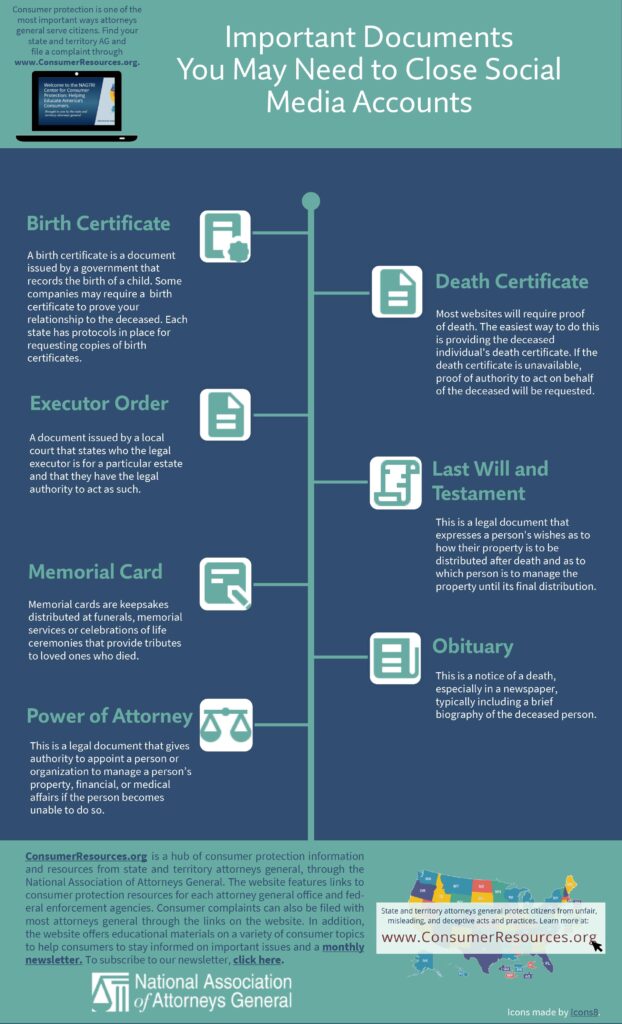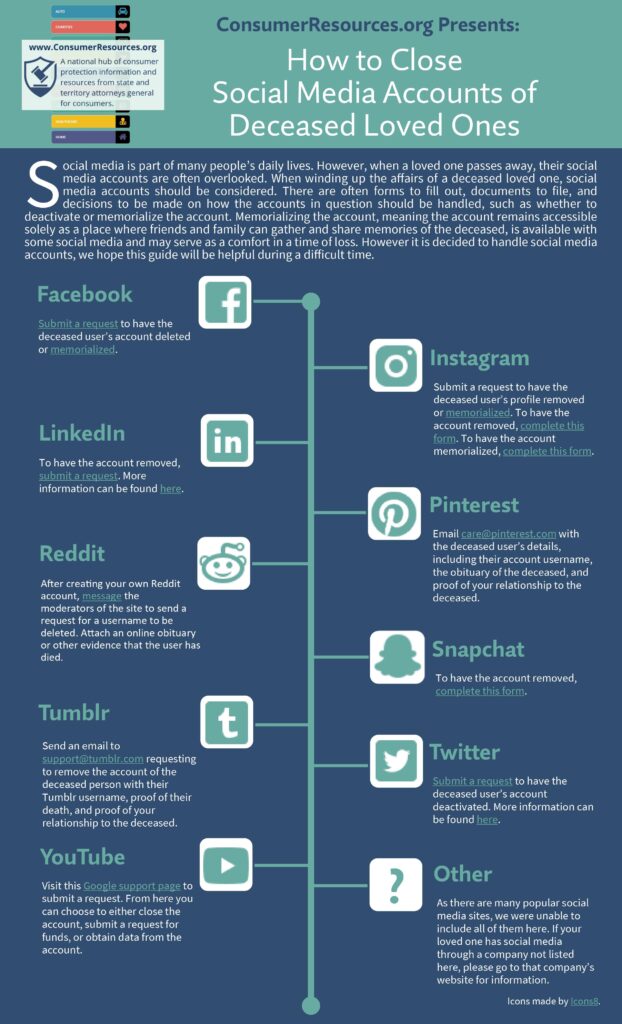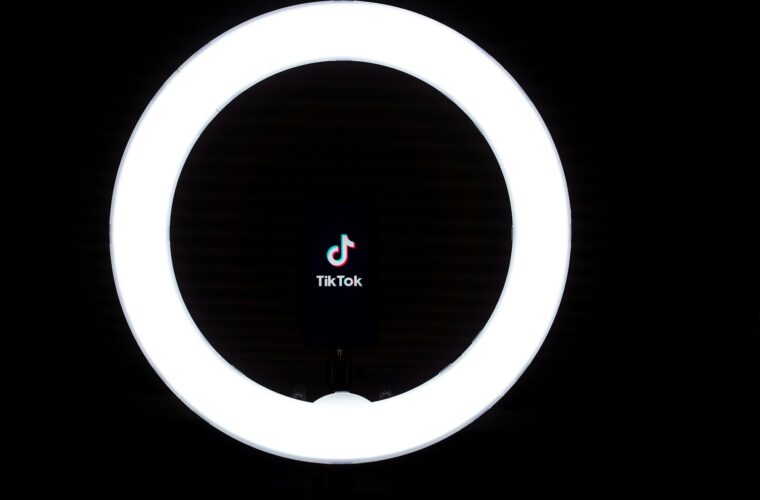Digital legacy: When someone you care about dies, you might not immediately think much about their social media or emails. But later on, looking at their social media accounts and reading their messages can actually help you feel better.
As time goes by, you’ll probably need to decide what to do with their social media and online stuff. This is often called their digital legacy. Sorting out someone’s online affairs after they pass away adds more pressure on top of dealing with grief and organizing their funeral. It’s becoming more complex because many tasks are done online now. You must consider their bank accounts, emails, bills, streaming services, and social media profiles.
When a person passes away, you have three choices regarding their digital legacy:
Memorialize their accounts.
Delete their accounts.
Leave their accounts open.
Before choosing what to do, seeing if your loved one left instructions or wishes about their online accounts is helpful. This can guide your decision-making process. There isn’t a universal method or single way to memorialize or delete accounts. Certain companies, like Google, may delete accounts if they’ve been inactive for two years, but this policy isn’t consistent across all platforms.
What is a digital legacy?
A digital legacy refers to the digital footprint a person leaves after they pass away. It’s shaped by their online activities, such as social media posts, conversations, photos, videos, gaming profiles, and any websites or blogs they maintain.
Additionally, a person’s digital legacy may include content created or shared by others, like interactions on their social media pages or mentions in news articles, blogs, or external websites. This digital footprint can be modified, updated, or even deleted both before and after the person’s death.


How to close a social media account after someone has died
Preparing to close or make changes to a social media account after someone passes away typically requires the following:
The name of the deceased person
A link to their profile, sometimes along with an ID document
Proof of their death, like an obituary or death certificate
Evidence of your relationship with them
Here’s a safety tip: When providing ID documents, use a marker or tape to block out sensitive information, like social security numbers, that they don’t need to see.
For Pinterest, Twitter, and LinkedIn accounts, you can keep or delete them. Here’s how:
Pinterest: Only a family member or estate representative can close an account. You’ll need to provide your name, the name and email of the deceased person, a link to their account, proof of death, and proof of your relationship.
Twitter: You can’t access account information without login details. However, if you’re authorized by the estate or an immediate family member, you can shut down the account by providing identification documents for the deceased and a death certificate.
LinkedIn: Provide your name, email address, relationship to the deceased, link to their profile URL, proof of death, date of death, and the name of their last employer.
Facebook and Instagram offer different options:
Facebook: You can memorialize the account by turning it into a tribute page. If the person assigned a legacy contact manages the account, that person can also request deletion. Otherwise, a family member can request deletion with appropriate documentation.
Instagram: Similar to Facebook, an immediate family member or authorized representative can memorialise or delete the account with the required documentation.
For TikTok accounts, the sole method to close the account of a deceased individual is to have access to their account credentials, including their login and password details. Once you have this access, you can delete the account using the standard procedures. Regrettably, as of now, there are no additional choices available to either close or memorialize a TikTok account belonging to someone who has passed away. These policies may change, and laws regarding executors’ or custodians’ access to social media accounts may vary by state or region.



